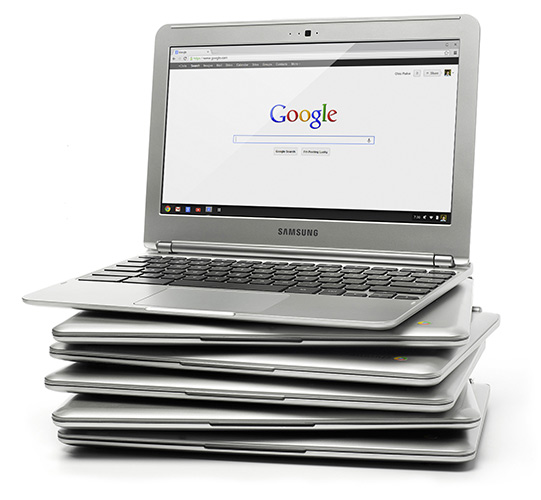
We convinced Google to lend us its new Samsung Chromebook so we could give it a spin and let all you Brokesters know whether it’s worth your hard-earned scrilla.
It’s tough to say where the Samsung Chromebook sits on the spectrum of portable computers. It looks like a laptop, but it doesn’t have a hard drive. It’s web-enabled like a tablet, but you can’t download apps to it. Whatever it is, it’s a whole new way to interact with the internet. And it’s only $250.
The Concept
Google’s Chromebook takes a whole new approach to storing files and working with your computer. This Samsung-made computer runs a custom Linux-based operating system called ChromeOS (noticing a trend here?) The laptop is mostly a shell to run only one application, the Chrome browser, wherein all other applications exist. (If you’ve used Chrome, you’ll be in familiar territory.)
The computer has no hard drive; it only has a built-in 16 gigabyte flash drive. The idea is to store all of your data on Google Drive, which is integrated into the operating system. Google gives you five gigabytes of online storage just for having a Google account, but if you buy a Chromebook, you get 100 gigs, usually $4.99 per month, free for two years.
Of course, storing all of your files and data with Google is a test of faith. Do you trust them to maintain your security and privacy? And by using the Chromebook, you’re explicitly signing over everything to Google and can only use their apps and docs on the machine. It’s a big step if you haven’t embraced the cloud yet.
The Interface
The keyboard is a standard layout, minus a few keys. There are no Command or Windows keys, naturally, but also no Home, End, Delete, or Page Up or Down, and no function keys. If you’re a hard core key navigator, it’s a hassle to be forced to use the mouse.
The touchpad is almost identical to the Macbook’s as far as aesthetics and functionality. The touchpad is unusually sensitive, though, so if you’re not careful, you’ll have a few inadvertent clicks here and there.
Otherwise, the interface is basic and stripped down. There’s nothing on the desktop and a customizable launcher at the bottom akin to Windows 7. All files are either saved in a single “Downloads” folder or on Google Drive, and all system settings are controlled through Chrome.
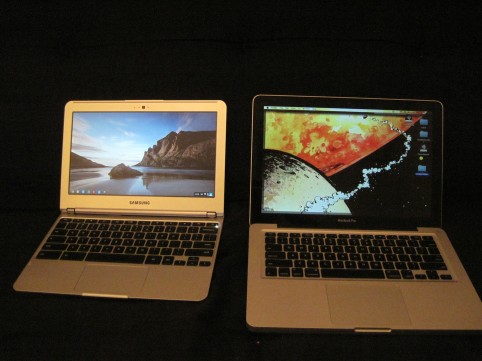
The Apps
All the apps for the Chromebook are run through the Chrome web browser. Any documents you edit are through the traditional Google docs interface. There’s thousands of various add-ons and applications already developed for Chrome, but most of them, such as the official Facebook “app,” are simply links to a website. Not much innovation going on here.
Because the entire computer relies on the internet, Chromebook is almost obsolete if you don’t have access to wifi. Google worked around this by creating offline versions of Gmail and Google Docs. Files are automatically synced so you can still work on them offline. We tried uploading a 200 megabyte video file to Drive and were able to watch it after shutting off the internet connection. Only the Chromebook can do this at the moment – any other computer running Chrome is cut off from Google Drive without wifi.
A 3G version of the Chromebook has a built-in 3G support and includes 100 free megabytes of bandwidth per month from Verizon. You will also have the option to insert your own SIM card and use your own data plan. Our model did not have 3G.
The Cool Stuff
The Chromebook is incredibly lightweight, only .7” thick and has a 11.06” screen. As a friend said, it’s “light in your hands, like a 9 mm.” Since there are no moving parts like a hard drives, CD/DVD drives, or fans, the battery lasted an incredible 7 hours. Even after streaming the full Talking Heads Stop Making Sense on battery, we had several hours of juice left to write this review.
There’s a built-in HDMI port, so you can watch everything on a digital television. There are also two built-in USB ports, including one USB 3.0 port, a headphone/microphone jack, a built-in 0.3 megapixel camera, and an integrated SD card slot. Full specs are here.
What’s even cooler: the Remote Desktop connection, which allows you to connect to and control any computer you’ve linked with your Google account. If you’re on the road and left a file at home, you can log in to your other computer and use it just like you were sitting in front of it. It worked really well on Windows 7 and Mac, but we were unable to get it working on an Ubuntu Linux laptop. Of course, you have to leave the computer running and connected to the internet the entire time. And there’s the security concern – having a simple numerical PIN as the password to your computer seems like it could be ripe for compromise.
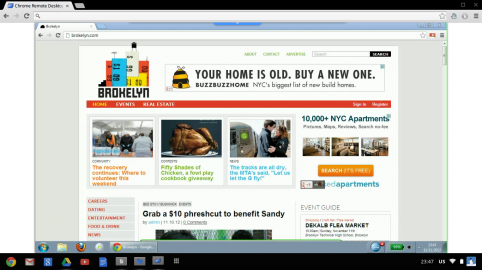
The Bad Stuff
Yes, the Chromebook is cheap, but you’re also not getting much in the way of hardware. With only a 1.7 gHz processor and an integrated graphics card means some flash games run slowly and were extremely clunky. Chrome crashed on more than one occasion when there were too many tabs open (a Bad Thing when you’re entire OS is based on tabs) and when it automatically restarted, it took a couple of minutes before everything could be used.
There appears to be no specialized device support. A Samsung Android cell phone and a sixth-gen iPod showed up only as simple USB drives. There is no native iTunes support and most likely will never be, so keep that in mind if you’re an Apple household.
Stunningly, there are some Google applications that are not compatible with the Chromebook. We were unable to upload music to Google Play’s music manager, which holds your entire music collection to Google for streaming anywhere. It may get support in the future, but the fact it doesn’t now is disconcerting.
The Verdict
Though Google is the search king and has millions of registered users, it’s been desperately trying to convince people to hand everything over to them and trust them to keep it safe. Rightly so, many consumers have been reluctant to switch to an all-cloud existence. It seems like the Chromebook is a loss leader that Google hopes will get a whole new generation of people to rely completely on its products.
The level of integration is astounding. Google’s services are really expanding into every area. Remote desktop connections, Cloud Print services, centralized file storage, and seamless collaboration means Google assumes that the internet will be ever-present and that they will be a major part of it. The Chromebook is to be the cheap entry into this brave new world of Google.
In reality, the Chromebook is a decent machine for someone who uses a computer solely as a means to connecting to the internet. Power users requiring specialized programs or games will find it sorely lacking. It would make a great second machine, say, if you want something cheap and light to take to the local cafe and only need a portal to the internet with a keyboard. Just make sure they have free wifi!
3 Comments
Leave a Reply


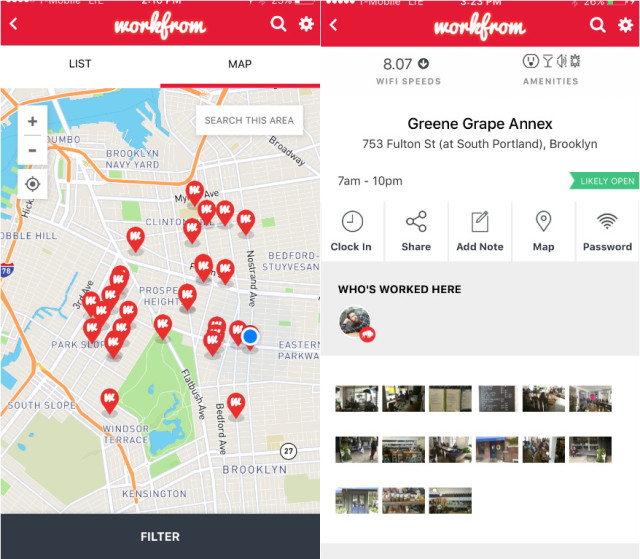
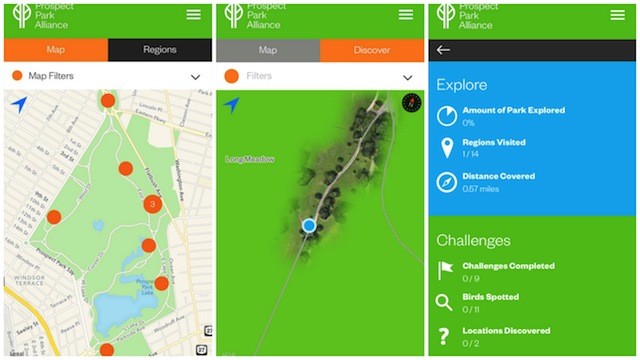
So I know I’m just a little weensy bit biased here Conal, but this is a great review. Thanks!
“And by using the Chromebook, you’re explicitly signing over everything to Google and can only use their apps and docs on the machine.”
You’ve been grossly misinformed. You don’t have to use only their apps and docs – you can use Skydrive if you want, Zoho, ANY web-based app that doesn’t run Java and you’re good to go. Even many that run Java have Chrome-ready apps in the app store. You can also use a VPN with the Chromebook – they would then know nothing about your browsing. In fact, you could use Google only to sign-in and sign-off the OS and use nothing but alternatives to every Google product if one so desired.
I just wanted you to know that Chromebook can access Microsoft 365 without problems or any other Google alternative.
I am looking to get my daughter a chromebook for Christmas, she is only 10 so this is in our price range at this point. She is allowed only limited access to the Internet, to play certain games and checking emails, but what I am really looking for is something she can type up her reports on. Is google docs comparable to Microsoft word? As far as being able to change font, size, color- things kids like to do. Do you think this is a good starter computer? She has a google email address already and we use chrome at home so she is familiar with the browser. Thank you for your help.